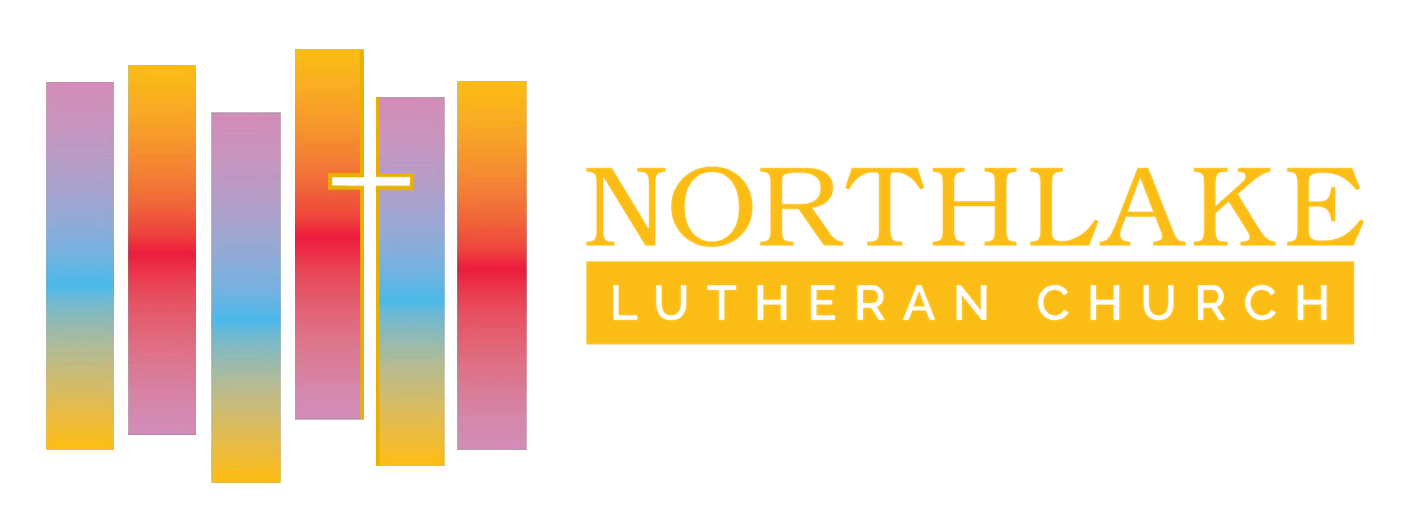We are created, called, and challenged to be in relationship with...
We are created, called, and challenged to be in relationship with...

Being in relationship with God is both easy and challenging. God is easily accessible, in the bonds of friendship and camaraderie we find with one another, in the learning, support, and understanding we experience through community, in all of creation, and in worship, prayer, and scripture. God can also be difficult to recognize, understand, and follow. We tend to be more focused inwards than outwards, filled with concerns for our own well-being, letting our anxieties and fears get in the way of the rest and assurance God offers. It is therefore not surprising one of God’s most frequent commands to us in scripture is, “Do not fear!” Participating in communal worship on a regular basis helps put our fears behind us, recognize God’s presence in our lives today, and embrace the rest and assurance God offers. As the elca.org website states, “Worship stands at the center of our life of faith. Through God’s word, water, bread and prayer we are nurtured in faith and sent out into the world.”Every relationship requires communication. One way we receive God’s word is by pondering Scripture, both on our own and together in bible studies and bible explorations where we seek, explore and experiment with what it means to be a disciple. Another way we both receive God’s word and speak with God about our own concerns is through prayer. While five different people at Northlake may explain five different methods they use for prayer, we recognize the importance of finding some way to speak to and hear from God. While there are many ways to build our relationship with God, we embrace worship, prayer, and scripture as foundational, formational and life-giving.
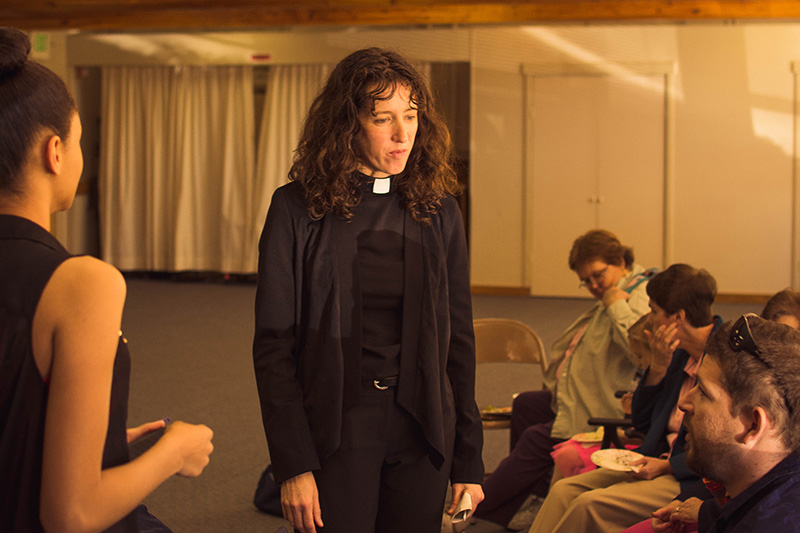
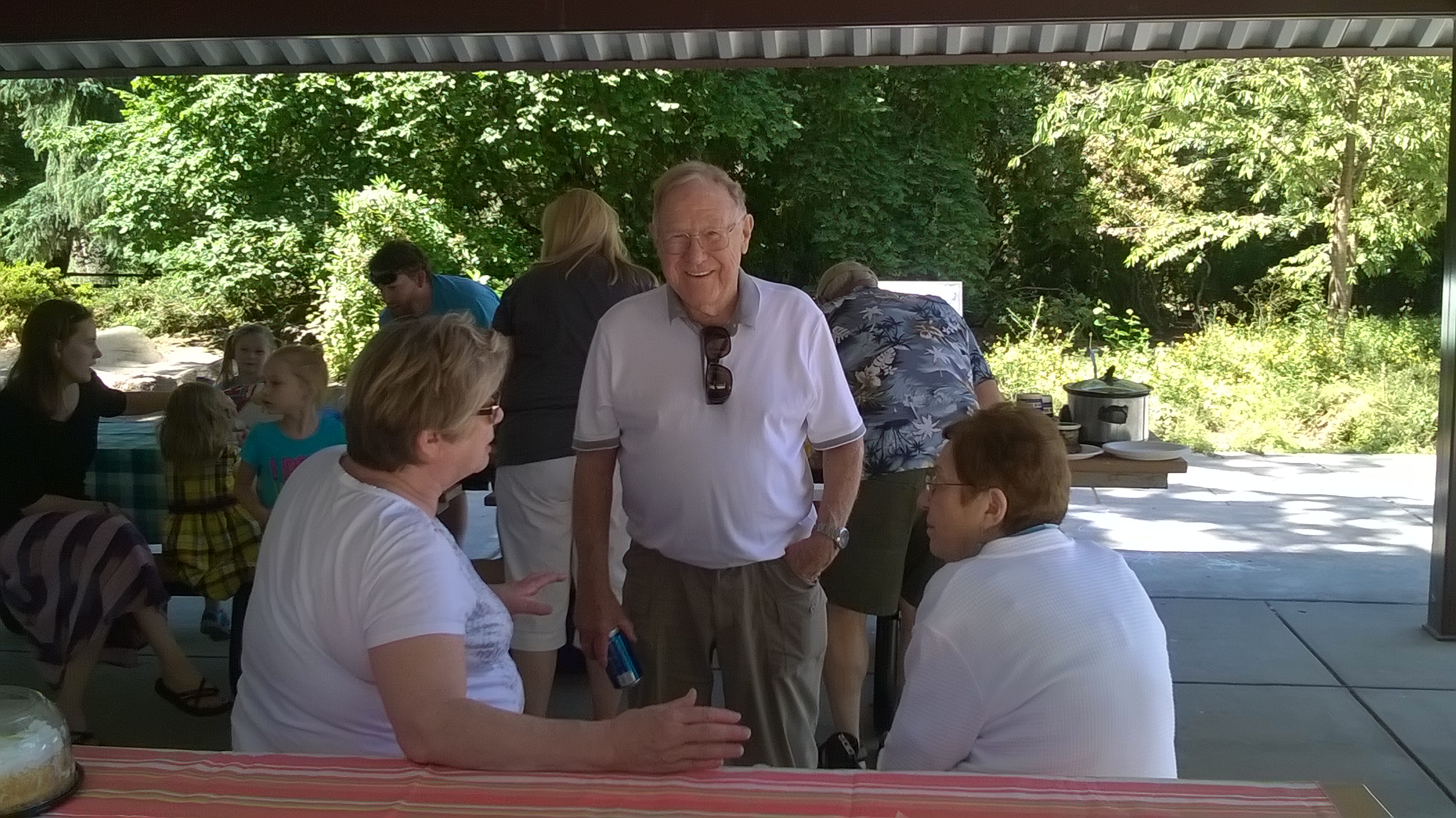
Another way to build our relationship with God is to build our relationship with one another. Just as a mother wants her children to be in strong relationship with each other, so God wants the same for us. Wherever we look in Scripture, we find the call and the command to be with each other. It begins in the garden of Eden, continues through the covenant God makes with us through Abraham and Sarah, cements itself in the ten commandments, and is personified in Jesus Christ. Jesus boils it all down when he gives us a new commandment, "To love one another as I have loved you" (John 13:34). This commandment, while challenging, is given in love for the benefit of us, individually and as a community. Loving one another includes seeing God in one another, and recognizing gifts in the differences that another brings. God gave us different talents so that we must rely upon one another to reap the full benefit of all God wants for us.For, as Paul teaches, even as we each bring different gifts, we are all gifted from the same Creator, inspired by the same Spirit, and we are most whole when we embrace all the gifts, especially those different from our own (1 Corinthians 12:4-11).
Being in relationship with community is not only being in relationship within our own community, but also reaching out to other communities, ones that are different from our own, to create relationships together. It is easy to recognize the benefits received by being in relationship within our own community. And yet, the greatest benefits, the most learning, and the most holy growth occur when we are in relationship with other communities, recognizing God’s presence elsewhere, humbly asking if we might be part of the amazing things God is doing there. Perhaps these other communities are of a different faith, or from a different place, or maybe their people look different from ours. Whatever the difference, it is in the diversity different communities bring that we are pushed out-side our comfort zones to learn new ways and new perspectives, catching a glimpse of the Holy realm God intends for us.For we believe as Paul teaches, when we take up this challenge “with all humility and gentleness, with patience, bearing with one another in love, making every effort to maintain the unity of the Spirit in the bond of peace,” then through that love, we come together (Ephesians 4:2-3).
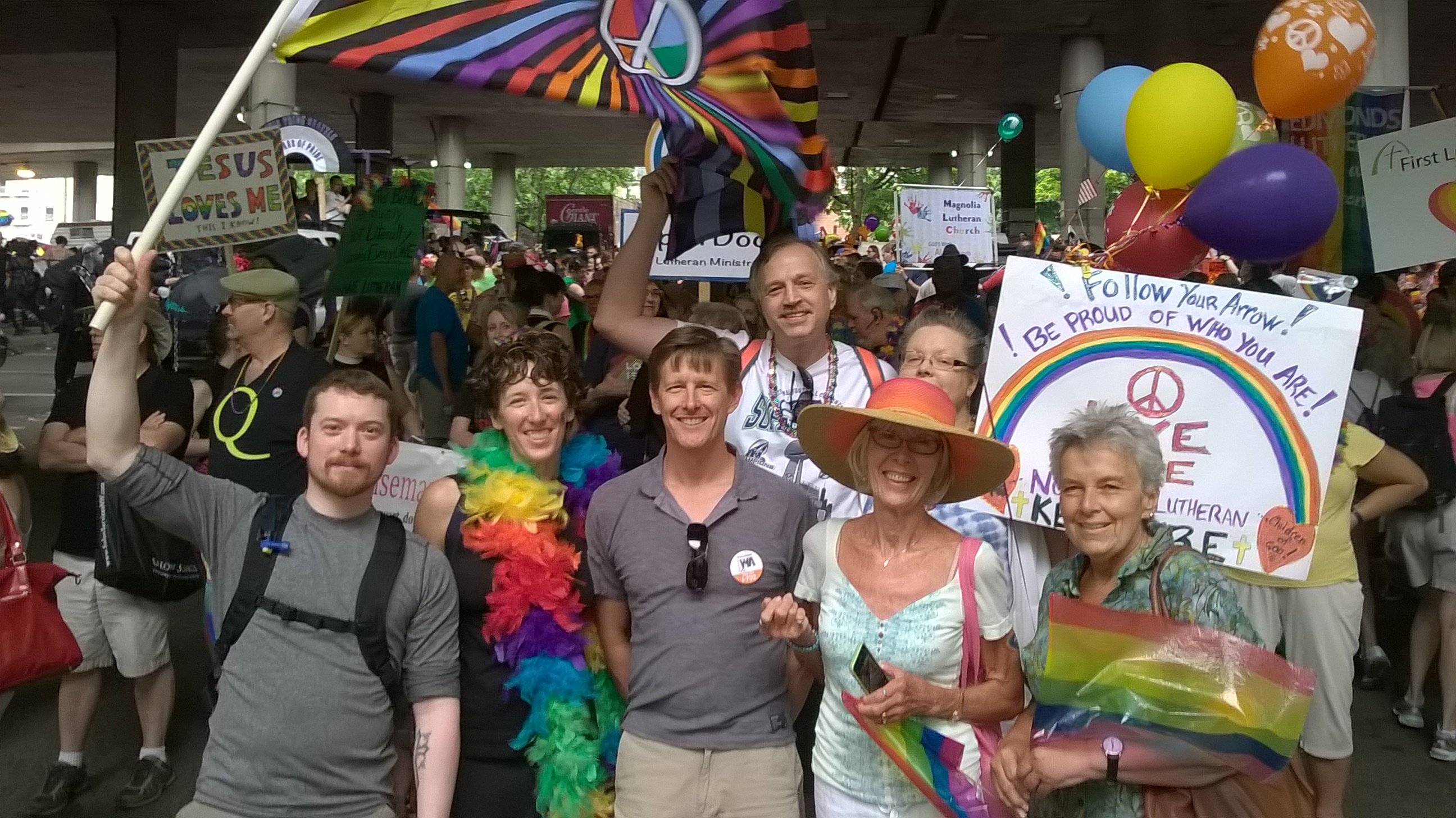
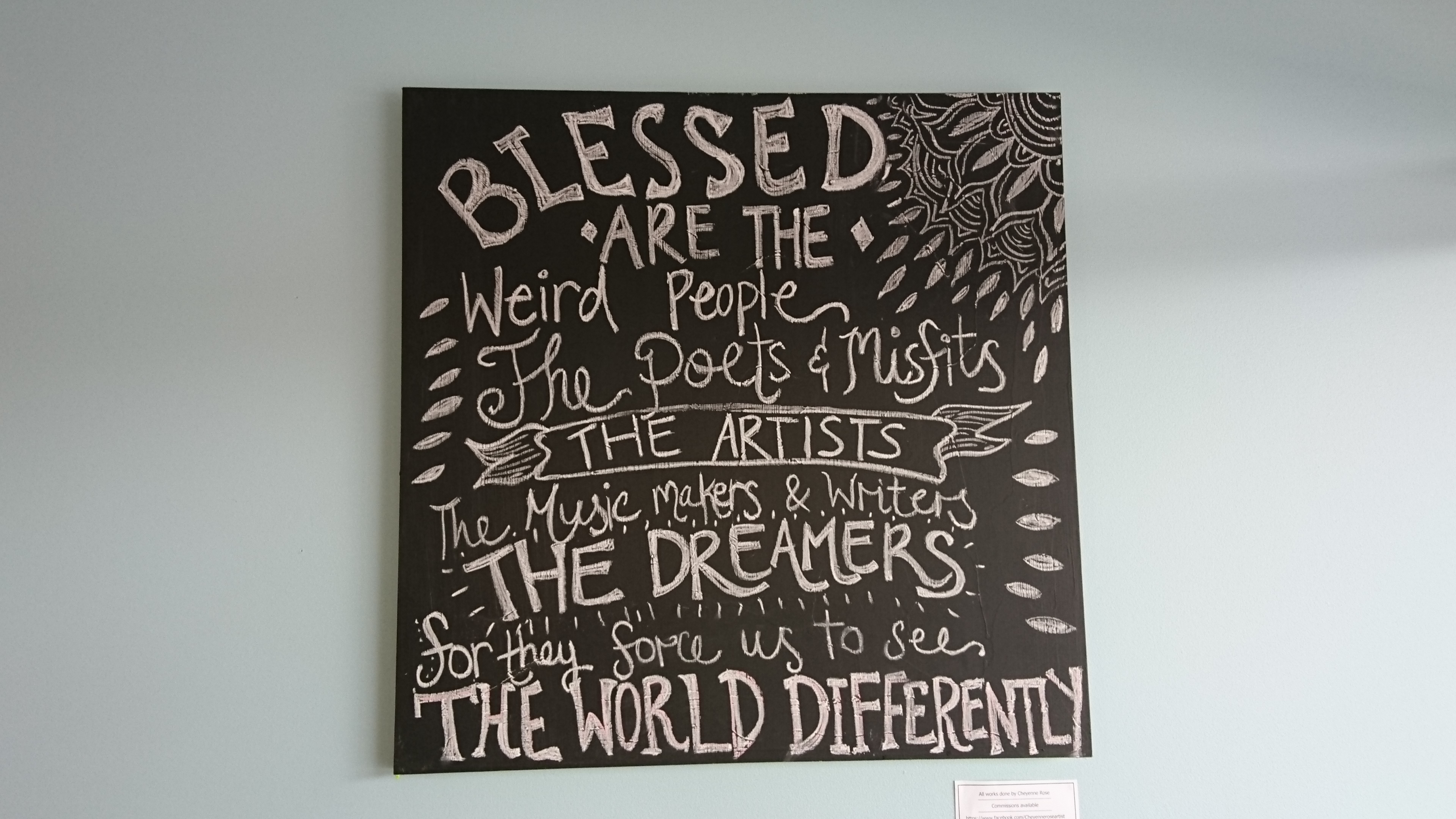
For many, God is primarily found in nature, be that a mountaintop, the ocean, or listening to the wind rustle through trees. Just as it is possible to know the parents through their children, we can come to know God through all of God’s creation. Being in relationship with all of creation means not only appreciating and valuing these gifts, but also accepting the responsibility of caring for these gifts. From the beginning of our faith, Genesis 1 teaches that when God made humans in God's image, God said to "let them have dominion over the fish of the sea, and over the birds of the air, and over the cattle and over all the wild animals of the earth, and over every creeping thing that creeps upon the earth" (Genesis 1:26).We understand this to mean we hold a responsibility for all of God's creation. These are not simply resources to help us live, but rather resources with us in which we live together. This understanding continues in Genesis 2 when we were placed in the Garden of Eden to keep it (Genesis 2:15). The Hebrew word for keep used in this Scripture means to treasure, care for, and protect.We are created for this earth, for these creatures, and for each other. We are called to this responsibility in love and caring, not only for one another, but for all of God's creation. This is often a challenge, requiring our own acknowledgment of the dependence all of creation has on God and one an-other, and our own responsibility to live up to this call.
